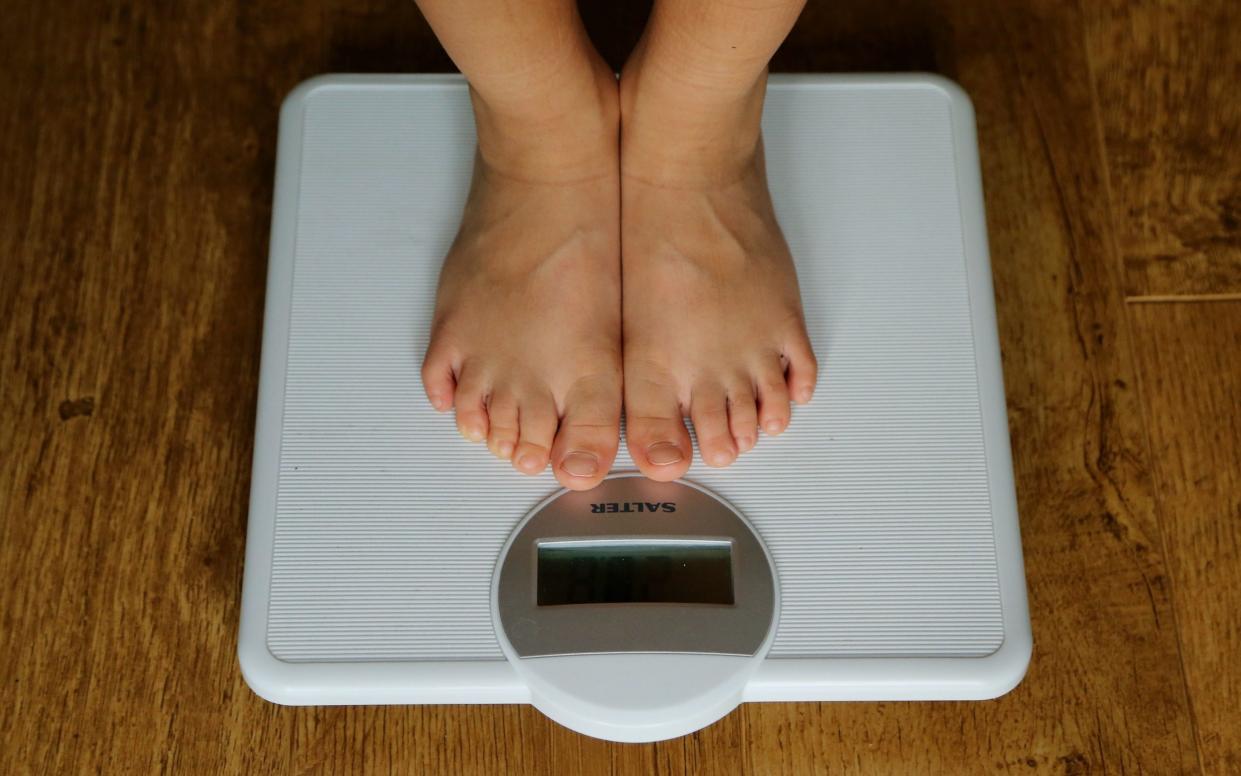Weight loss jab risks creating medicated society, warns outgoing Defra advisor

Prescribing weight loss jabs rather than tackling the causes of obesity risks creating a medicated society, the outgoing food tsar has said.
Henry Dimbleby, who quit his role as an advisor at the Department for Environment, Food and Rural Affairs (Defra) this weekend, said ministers had adopted an “ultra-free-market ideology” and refused to impose restrictions on the junk food industry.
The restaurateur, who co-founded Leon, said he was leaving his position after five years so he could criticise the “insane” inaction by the Government against obesity.
Mr Dimbleby said there was a “feedback loop” between food companies, their commercial incentives and the public’s appetite, and “government needs to intervene” to break the cycle.

Speaking on Radio 4’s Today programme he said: “Boris Johnson was going to do it, he was going to introduce advertising restrictions, he was going to make [buy-one-get-one-free deals] on those kinds of foods illegal, and the Government has now pulled back.”
He added: “What will happen is we either hack those commercial incentives, or we hack the appetite.”
A “new wave” of appetite restricting drugs is on the way, Mr Dimbleby said, “but if the government don't act you'll have 20 million, 25 million, people in the population who are medicated for the problems that the food system is causing."
Around a quarter of adults in England are obese, and a further 37.9 per cent are overweight, according to the Health Survey for England 2021. Obesity is estimated to cost the NHS around £60bn a year, with £27 billion costs to wider society.
Wegovy, a weight loss jab, will be offered to tens of thousands a year on the NHS after it was approved by the National Institute of Health and Care Excellence (Nice) earlier this month.
Nice is currently reviewing a second similar drug, tirzepatide, which was originally developed as a treatment for diabetes.
'They are thinking about medicating 20m people'
Asked if he believes the Government is viewing these approvals and new drugs as a solution to Britain’s obesity crisis, rather than “nanny state” interventions such as banning junk food adverts, Mr Dimbleby said: "I think that is what's happening actually, I think that they are thinking about medicating 20 million people.
"The problem with that is, first of all, when you roll out... a drug that is being trialled on quite a limited number of people to that many you will get side effects that will cause problems, it will become quite political.
"Secondly, while I think it's a good thing in certain extreme cases, to me it does not feel like a society we want to create where you're just shifting the money from people selling junk food to the people making drugs, and there are quite reasonable interventions you can make to create a healthier, more pleasurable, unmedicated society."
'Conservative Party ideology makes no sense'
His decision to quit as food tsar, first reported in The Sunday Times, comes amid his frustration at government inaction on the issue and such a failure is creating "huge problems" for the future.
"I think the ideology of the Conservative Party and the way they are dealing with the problem of diet-related disease makes no sense," he said.
Successive governments have failed to introduce a long-promised ban on pre-watershed TV advertising for junk food.
Prime Minister Rishi Sunak's administration said in December the anti-obesity measure will not come into force until 2025.
Mr Dimbleby said he has had no meetings with No 10 about his previous recommendations to tackle the obesity crisis.
He added: "The free market is fantastic in many ways. The role of the government is to intervene to clear up the mess but this modern Conservative ideology just thinks it can leave everything in the system without any intervention at all.
"We talked to people all around the country. They're fed up of their children being marketed junk food, they want intervention, but somehow it's got inside the heads of a certain brand of Conservative politician that this kind of thing is bad, it's wrong, it's ideologically not correct.
"And that is going to cause huge harm to the country if it isn't reversed."
A Department of Health and Social Care spokesman said: “We take tackling obesity seriously and we will continue to work closely with industry to make it easier for people to make healthier choices.
“We recently announced £20 million to trial new obesity treatments and technologies to help save the NHS billions, and remain committed to introducing restrictions banning adverts on TV for foods and drinks high in fat, salt, or sugar (HFSS) before 9pm, as well as paid-for adverts online.
“Regulations on out of home calorie labelling for food sold in large businesses including restaurants, cafes and takeaways came into force in April 2022, and the restrictions on the placement of promotions for HFSS foods in large retail settings came into force in October 2022.”

 Yahoo News
Yahoo News 
